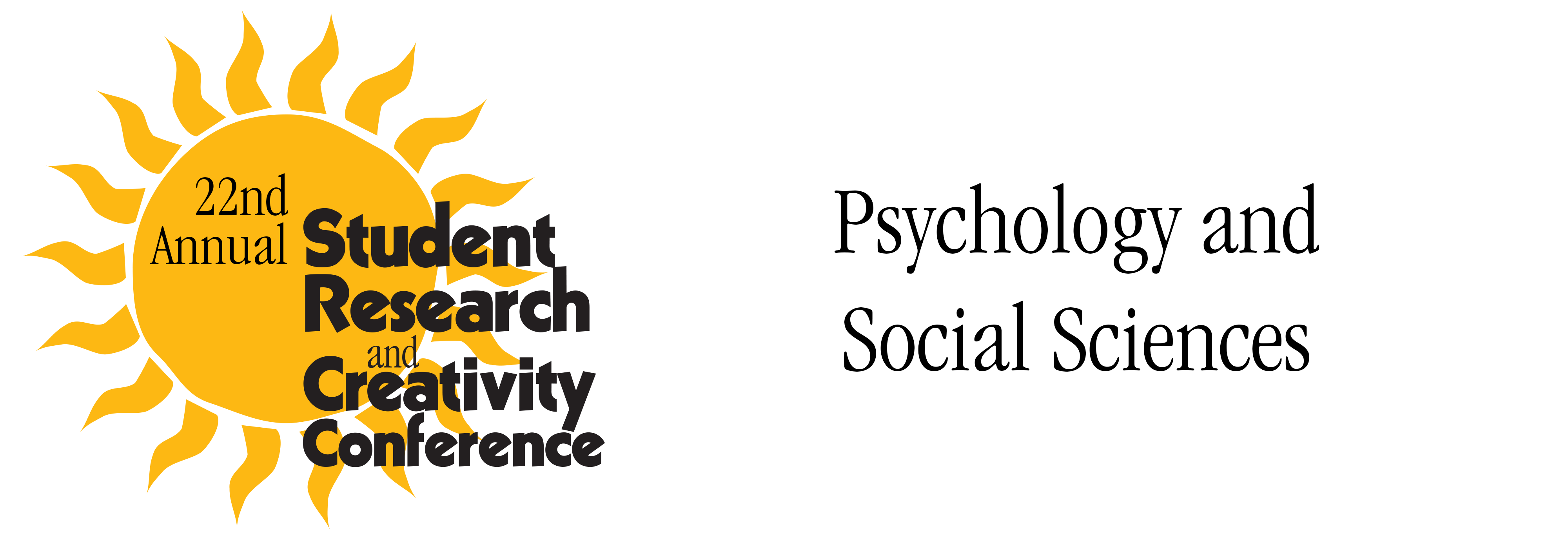
Files
Download Full Text (353 KB)
Description
Brittany-Ann Monahan, Psychology and Early Childhood Education, Sean Clark, Psychology, Umme-Salma Amir, Psychology, Marnee Hales, Psychology and Cassandra Lewandowski, Psychology
Faculty Mentor: Professor Naomi McKay, Psychology
Recency is the effect by which the last few stimuli in a sequence are remembered stronger compared to previous stimuli. Repetition is the idea that repeated stimuli will increase salience. No studies have applied these concepts to a definitive jury decision for a criminal court case. The current study looked to see if the repetition would contribute to a jury decision as much as the recency effect. The hypothesis was that participants would base their verdict on the arguments heard most recently or those that were repeated. There were a total of 41 participants enrolled in a psychology course at SUNY Buffalo State, aged from 18-50. Participants were required to make an innocent or guilty decision based on their impression of a fictional court case, in which the defendant was being charged with manslaughter in the second degree. Participants were randomly assigned to one of six groups based on the order that the passages were read: Pro/Con, Con/Pro, Pro-Pro repeated/Con, Con/Pro-Pro repeated, Pro/Con-Con repeated, Con-Con repeated/Pro. During the 30-minute waiting phase between each side's statement, participants completed a demographics questionnaire and were allowed to sit quietly, but couldn’t use any electronics. After all the statements were read, participants were asked to give a verdict of innocent or guilty. To measure the effect of recency we compared verdicts between pro first and con first groups using a chi-square. Results showed that there was a trending difference between the two conditions (p=.06); in which jurors put more importance on the information read to them last. When measuring repetition we ran a chi-square between the four groups, Pro/Con, Con/Pro, Pro repeated, con repeated and found no significance (p >.1).
Publication Date
2020
Recommended Citation
Monahan, Brittany-Ann; Clark, Sean; Amir, Umme-Salma; Hales, Marnee; and Lewandowski, Cassandra, "Can Recency be Overruled: The Effects of Repetition on Jury Decisions" (2020). Psychology and Social Sciences. 22nd Annual Student Research and Creativity Conference. SUNY Buffalo State.
https://digitalcommons.buffalostate.edu/srcc-sp20-psychsocsci/25



